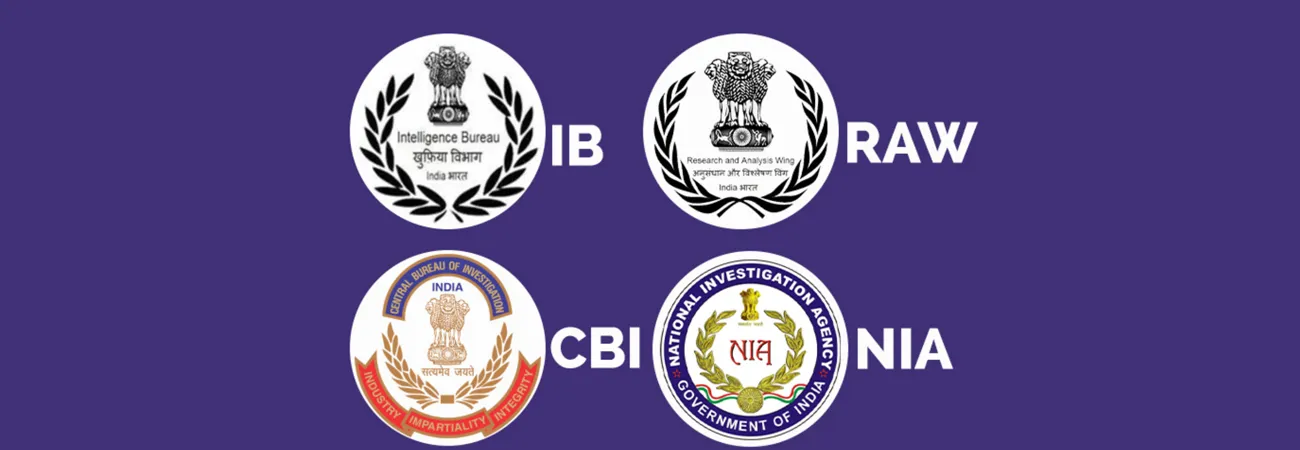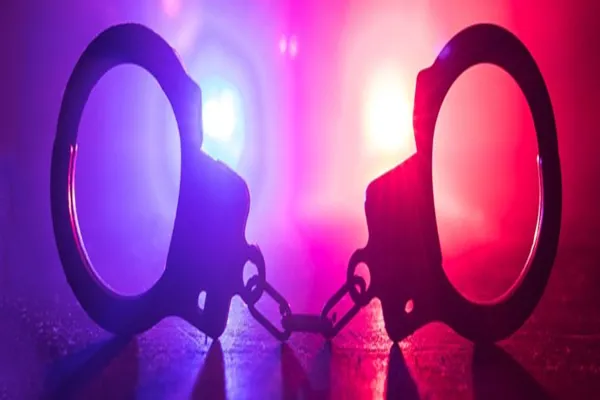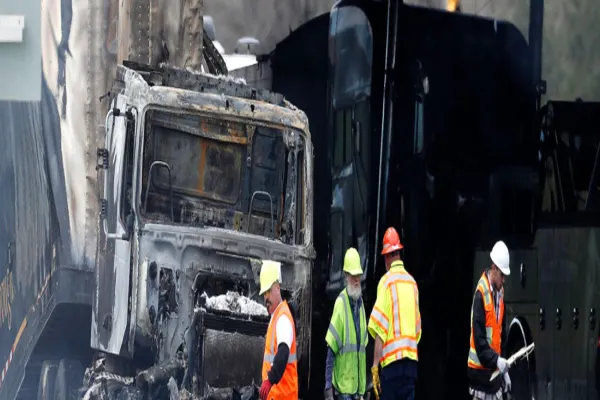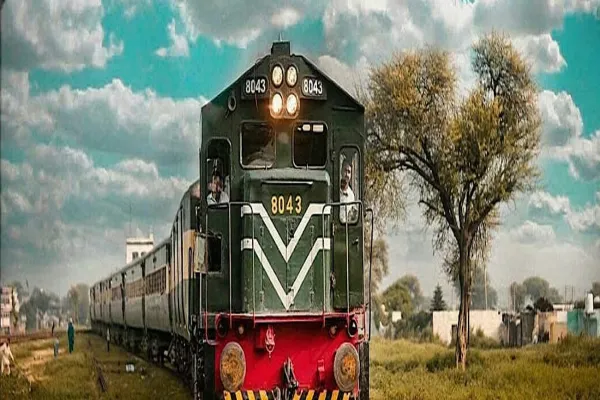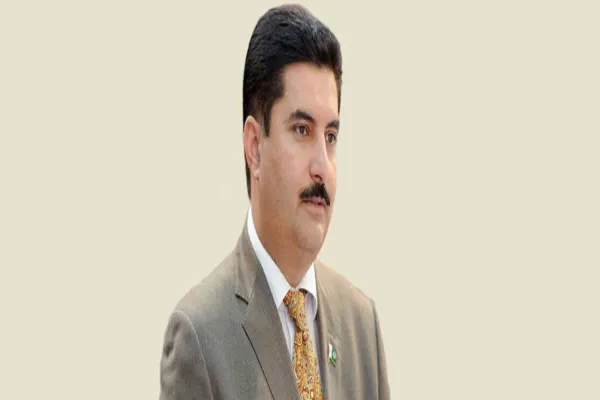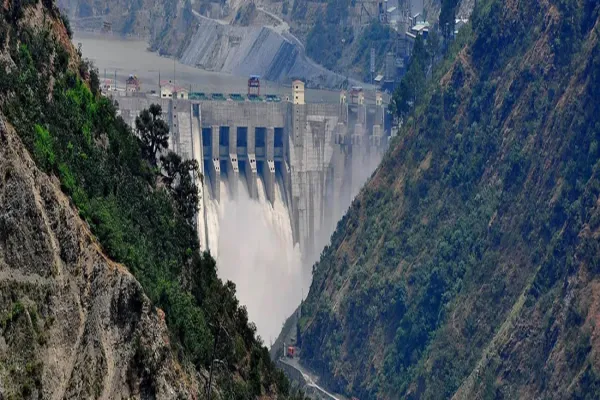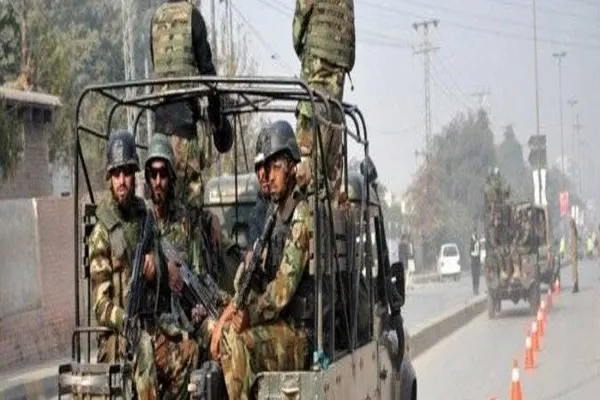i NEWS PAKISTAN
Several foreign governments, including Canada and the United States, have said that Indian intelligence agencies are targeting Sikh and Kashmir Hurriyat leaders at home and abroad. According to Kashmir Media Service, in October 2024, Canada’s national police service issued a statement on the alleged role of Indian state agents in criminal activity on Canadian soil, including homicide, extortion, and other violence. Indian authorities also canceled visas or denied entry to government critics, including members of the Diaspora. Prime Minister Narendra Modi of the Hindu nationalist Bharatiya Janata Party (BJP) won a third term in office in June 2024.
The authorities continued to discriminate against members of minority communities. Officials failed to take adequate action against BJP supporters responsible for attacks, and instead targeted victims of the violence, including through unlawful demolitions of Muslim homes and properties. Indian authorities failed to end the ethnic violence in the northeast state of Manipur, which has killed over 200 people and displaced more than 60,000 since May 2023. Despite the Modi administration’s deteriorating human rights record, several countries strengthened strategic and economic ties with India.
However, in January the European Parliament adopted a resolution that raised urgent human rights concerns, including “violence, increasing nationalistic rhetoric and divisive policies” against minorities. In May, for a second consecutive year, the United Nations-linked Global Alliance of National Human Rights Institutions deferred accreditation to India’s National Human Rights Commission. The latest Human Rights Watch report on India highlights a troubling pattern of abuse and repression across various regions and communities. In occupied Jammu and Kashmir, the report points to ongoing human rights violations, including impunity for security forces involved in violence.
Attacks on religious and ethnic minorities, particularly Muslims, Dalits, and tribal groups, remain widespread, while civil society faces increasing suppression, with restrictions on freedom of association and expression. Women and girls continue to suffer from violence and discrimination, while rights for persons with disabilities, sexual orientation, and gender identity are severely limited. Refugees also face significant challenges, with inadequate legal protections and limited access to essential services. The report underscores the deepening erosion of fundamental freedoms and the state’s failure to hold perpetrators accountable.
In September, the Indian government held elections for a regional government in occupied Jammu and Kashmir for the first time since revoking its special status in August 2019. While the government claimed that it had restored peace and security in the region, many Kashmiris said that they were voting against the continued restrictions on basic freedoms. The Jammu region, considered relatively more peaceful, saw a spike in violence between May and July, leading to the death of 15 soldiers and 9 civilians. As of September, there were 40 reported attacks in Jammu and Kashmir, in which 18 civilians, 20 security force personnel, and 39 suspected militants were killed.
In March, demonstrators in Ladakh demanded greater participation in governance. In October, Indian authorities arbitrarily detained the prominent climate activist Sonam Wangchuk and 120 others from Ladakh, who had walked for 30 days, covering nearly 1,000-kilometers, from Leh, the provincial capital, to Delhi. The activists, demanding a greater say in local governance and stronger environmental safeguards, were released after 36 hours. Religious minorities and migrant workers faced risk of targeted attacks while hundreds of Kashmiris, including journalists and human rights activists, remained in custody.
Kashmiri human rights defender Khurram Parvez has been jailed since November 2021 under the Unlawful Activities (Prevention) Act (UAPA), India’s draconian counterterrorism law. Journalists in Kashmir continued to be at risk of police interrogation, raids, threats, physical assault, restrictions on movement, and fabricated criminal cases. In June, authorities introduced a policy to protect public officials in the region from alleged false complaints and recommended punishing media publications complicit in spreading so-called misinformation, raising concerns over government accountability and threats to media freedom.
In several cases, the police kept people in custody by filing new allegations after courts granted them bail or quashed detention orders. In March, authorities filed a new UAPA case to re-arrest Aasif Sultan, a Kashmiri journalist released after spending more than five years in prison.
Credit: Independent News Pakistan (INP)



